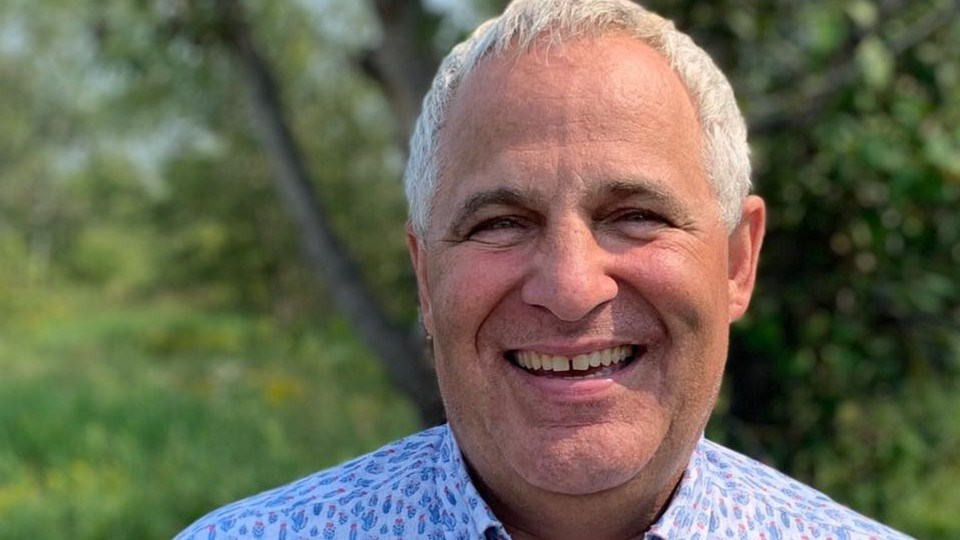As many in the community are already aware, the Federal Electoral Boundaries Commission for Ontario is proposing drastic changes to Northern Ontario’s electoral districts.
The proposal would consolidate 10 electoral districts into nine and expand the borders of the remaining ridings.
Over the past week, I’ve heard from countless constituents and community stakeholders who have shared their concerns about the proposed changes. I too am gravely concerned that this will mean less effective representation in the House of Commons for years to come.
It’s particularly disappointing that the commission divided the rural francophone municipalities of Nickel Belt into the Nipissing and Sudbury ridings.
The changes would see former areas of the Nickel Belt riding (Valley East, Azilda, Chelmsford, Dowling, Onaping Falls, Levack) merge with Elliot Lake, Espanola, Blind River and Manitoulin Island to form a new Manitoulin-Nickel Belt Riding. The communities of Coniston, Garson and Falconbridge would also switch to the Sudbury riding.
Portions of West Nipissing, St Charles and Markstay-Warren would be transferred to the Nipissing riding, with French River and Killarney remaining in Nickel Belt.
While it is true that Northern Ontario has experienced slower population growth than its southern counterpart, the north is the home to several unique communities and the recent 2021 data shows an increase in population.
This includes a culturally rich Francophone population, and more than 106 First Nations communities, which is proportionally a significant chunk of the 636 First Nations across Canada.
In fact, had the commission rigidly followed the 113,000-population quota, Northern Ontario would have lost an additional representative in the House of Commons.
The proposed nine federal ridings pale in comparison to Northern Ontario having 12 ridings provincially.
The consequences of having less representation in the north are very real. There will be less federal funding distributed to Northern Ontario ridings through programs such as Canada Summer Jobs, which benefit both local businesses and non-profit organizations, constituency offices will be more difficult to access, and communities will be divided.
These proposed changes are not final. When drastic changes were proposed in 2012, community members effectively voiced their concerns to the commission, and they listened.
However, we must question why the commission has reduced in-person public hearings so dramatically.
For those living in Greater Sudbury-Nickel Belt, the closest in-person consultation would be in Timmins. The accessibility of these hearings have been a particular concern for constituents in the Nickel Belt riding.
The commission has set Sept. 25, 2022 as the deadline to either make a written comment and to register to appear in person virtually at a public hearing.
I highly encourage community members in the north to speak up about these drastic changes being made to our federal electoral landscape.
Rural Northern Ontario should not lose a voice – your voice matters.
Feedback can be sent to the commission by going here. Emails can also be sent to [email protected].
You can register to appear in person or virtually at a public hearing here.
Marc Serré is the MP for Nickel Belt.
